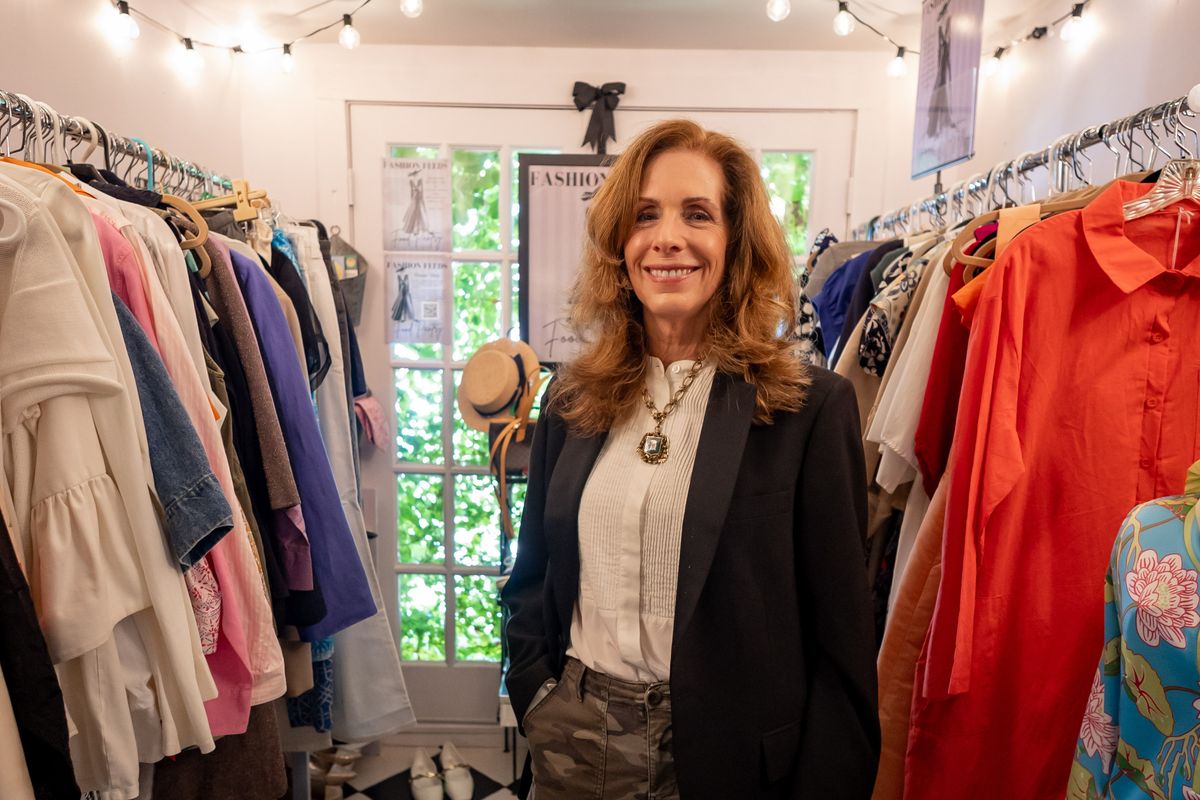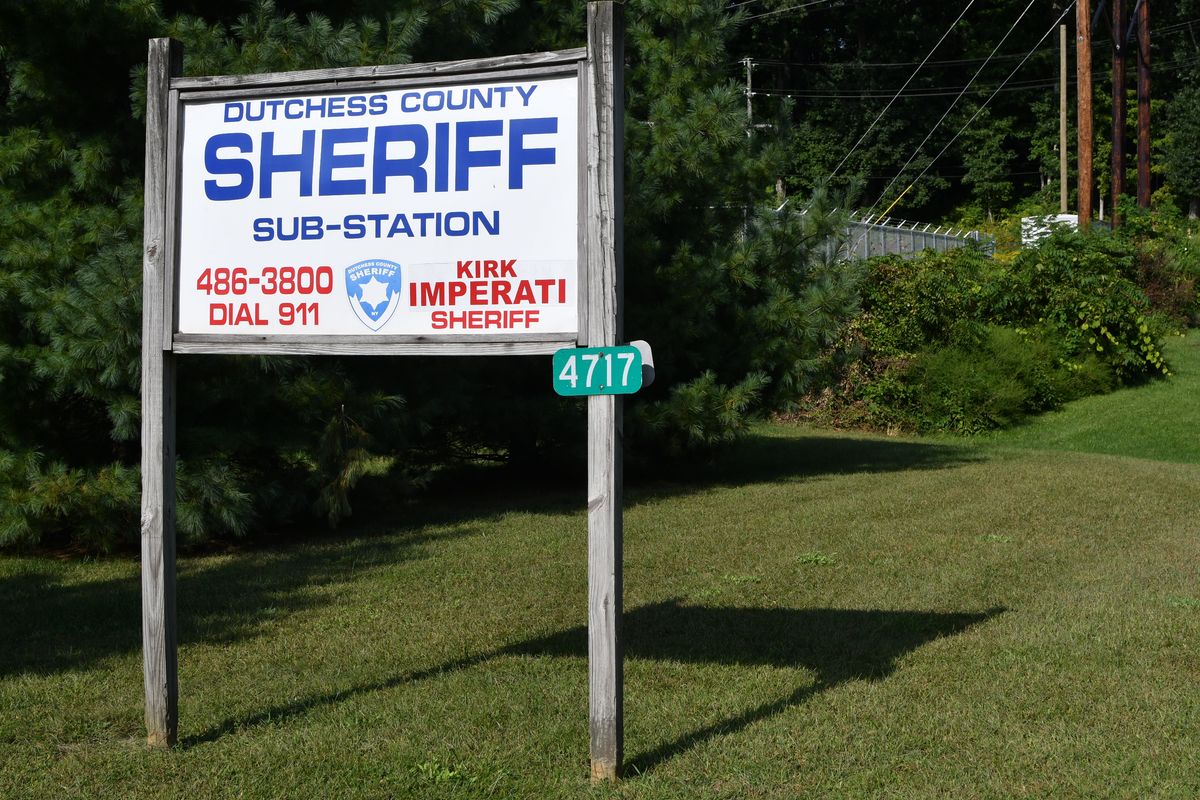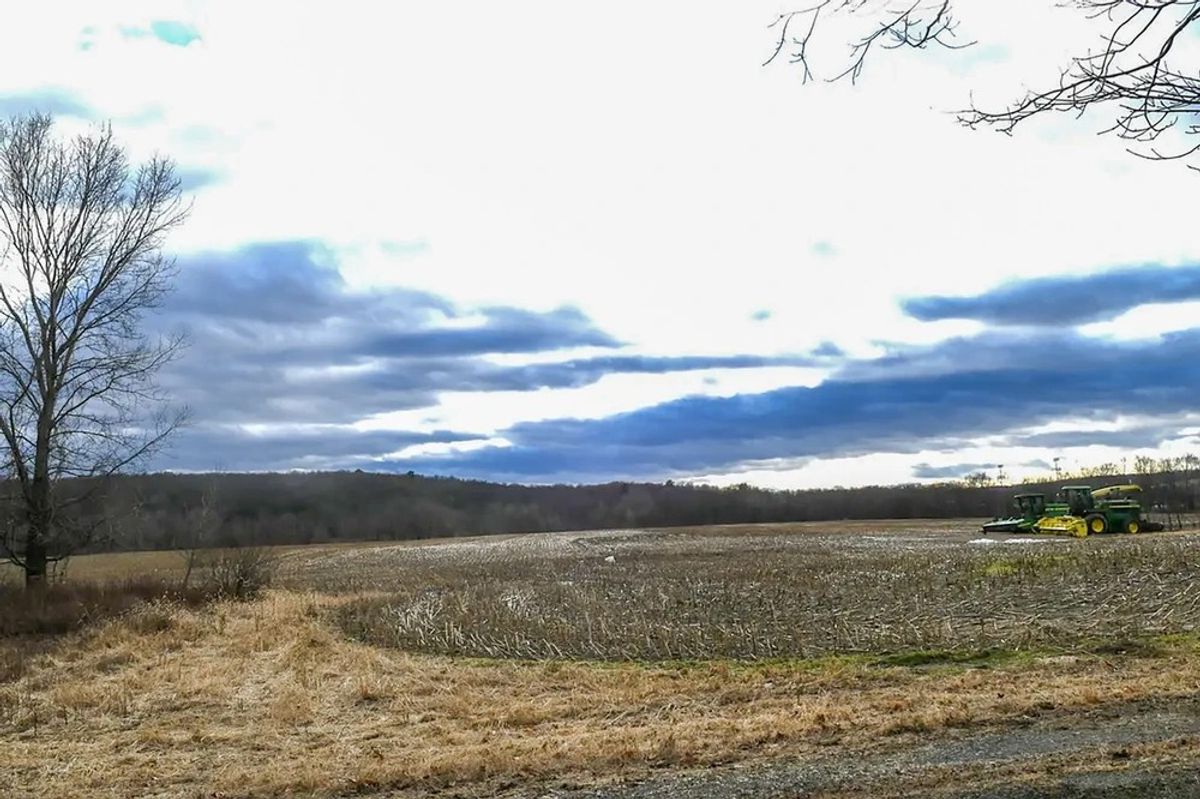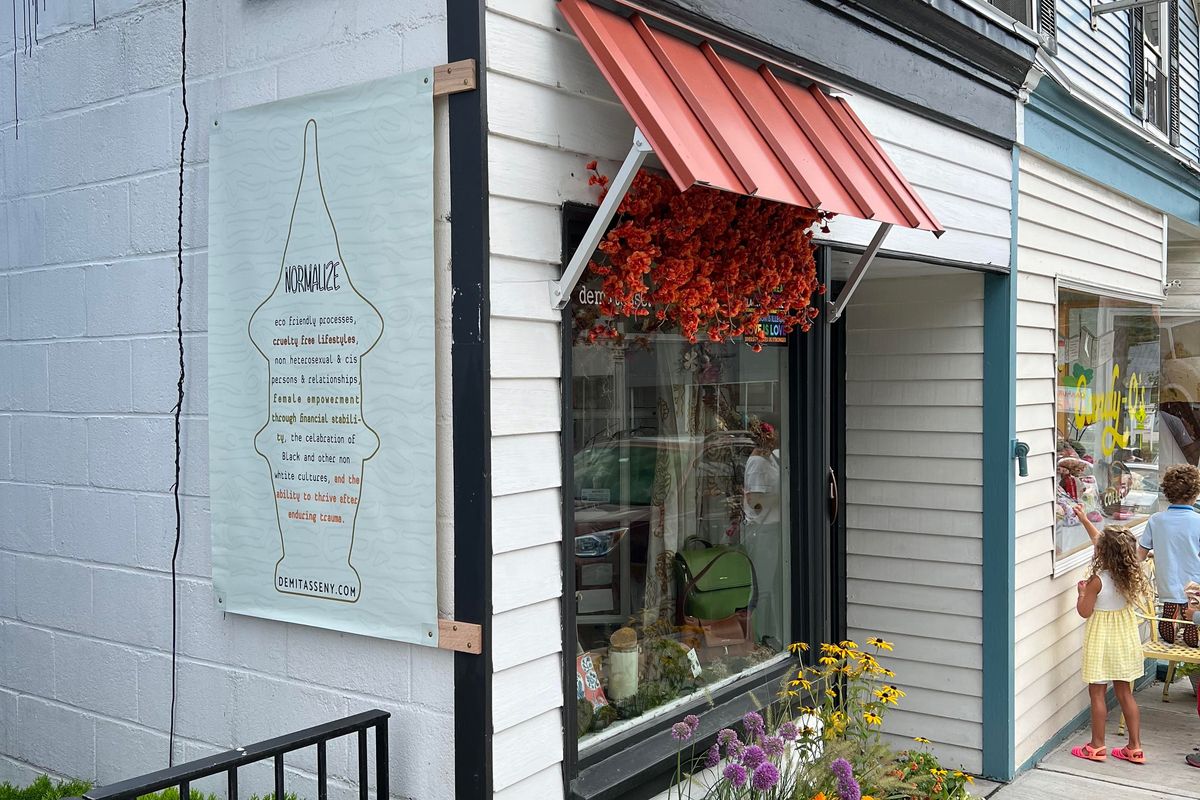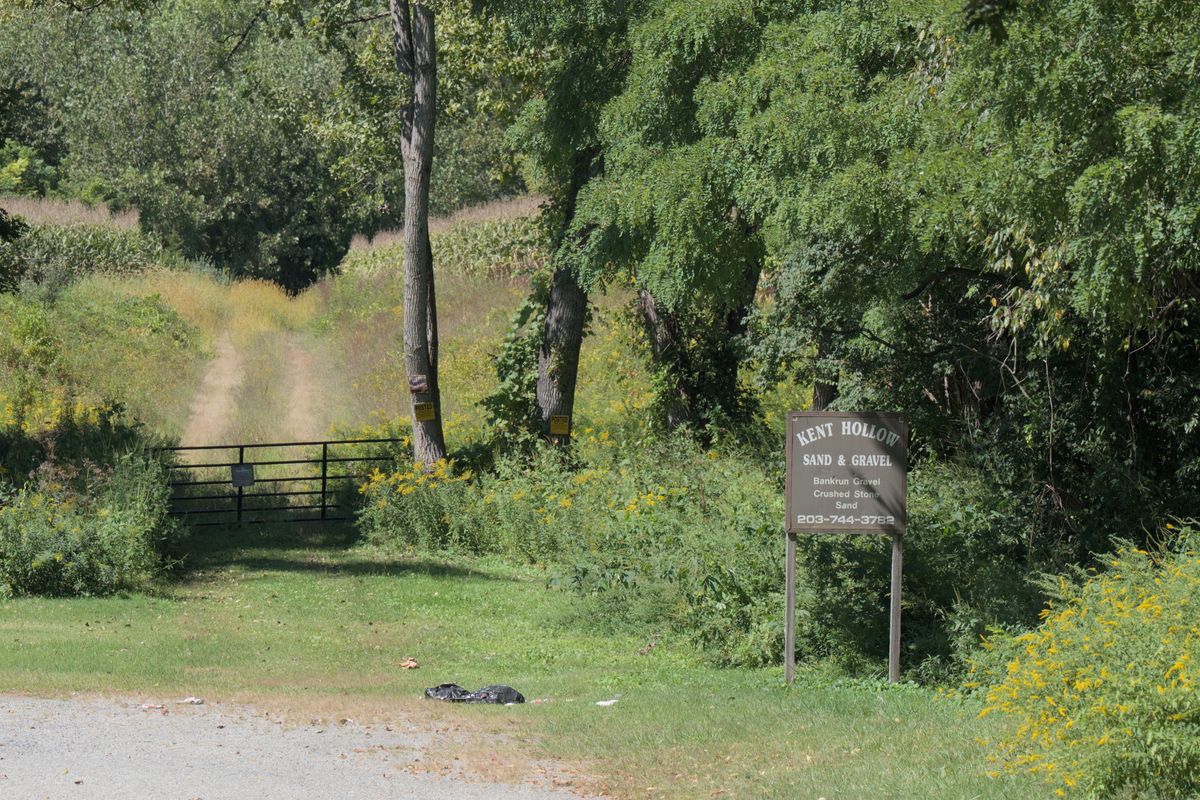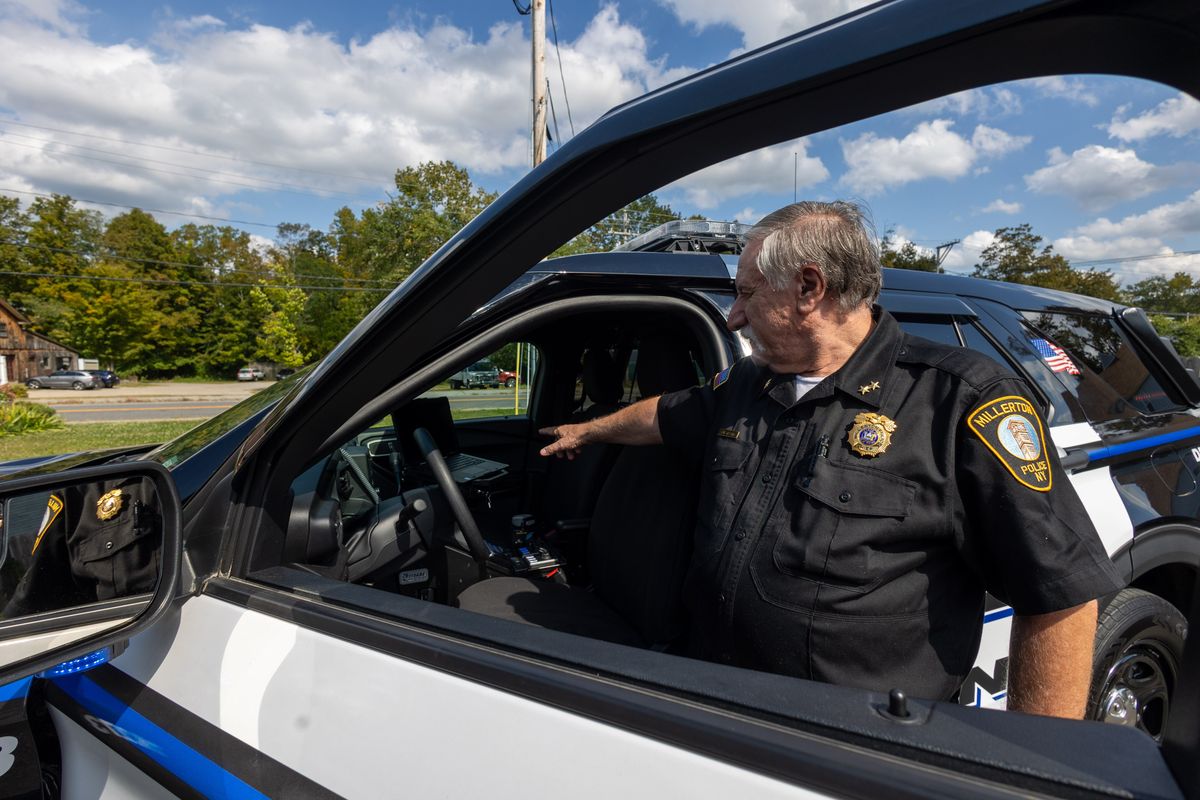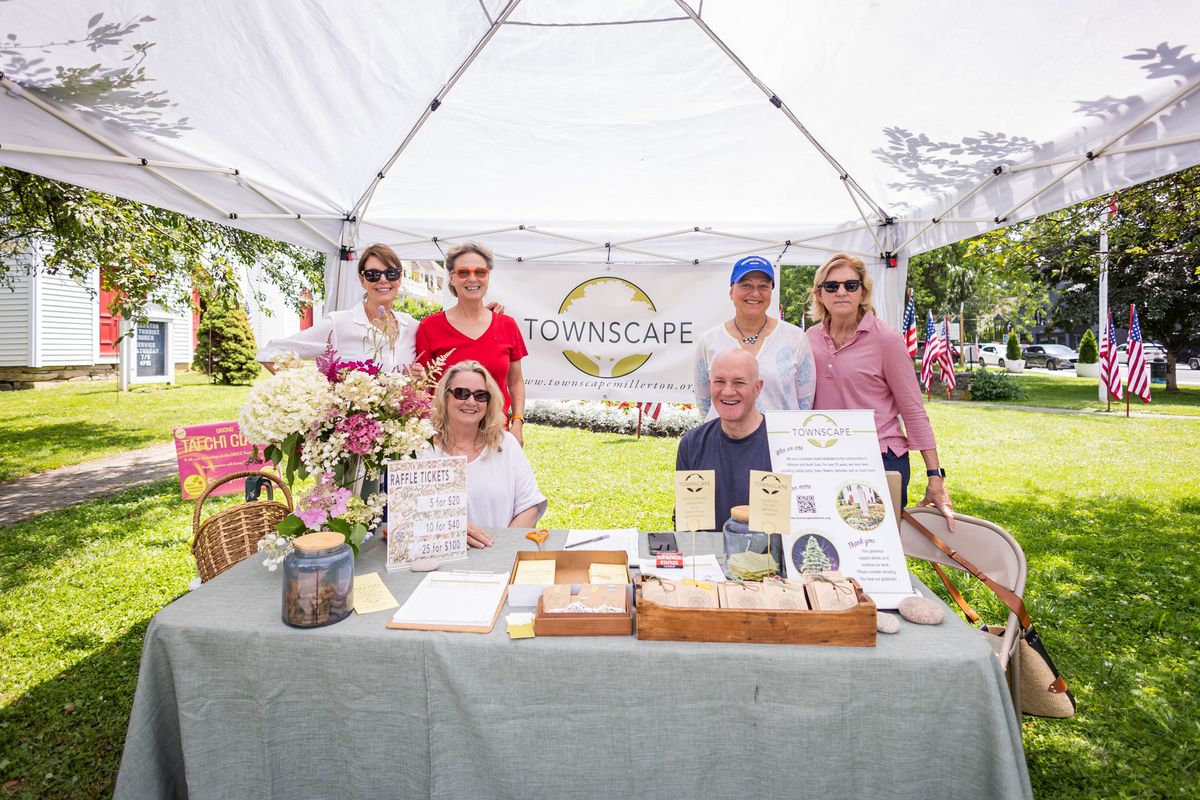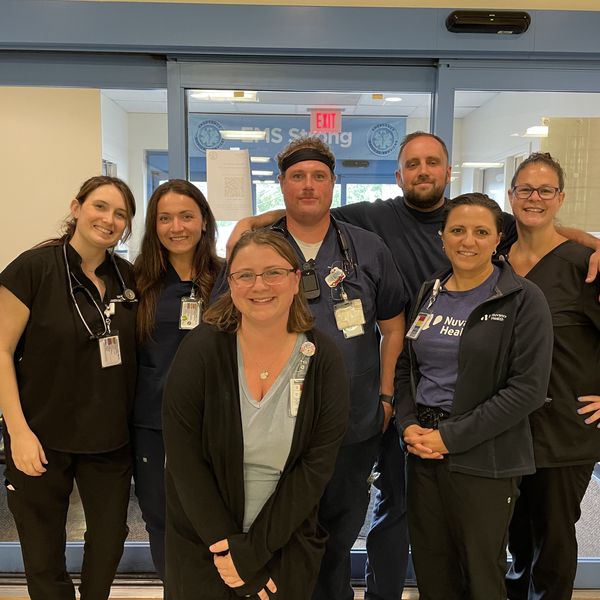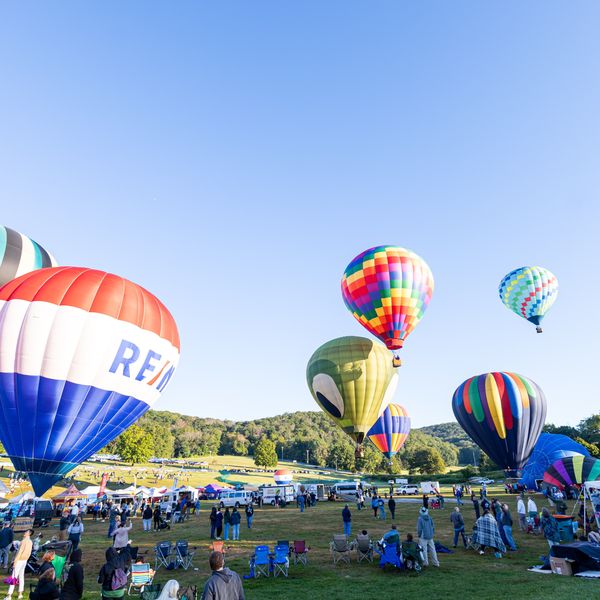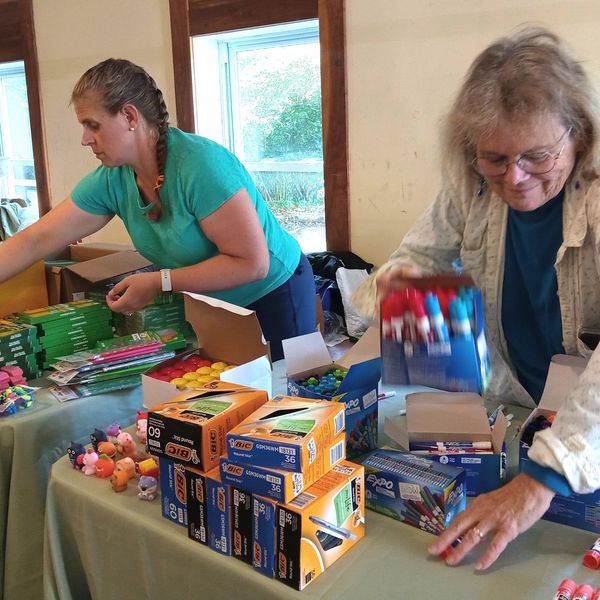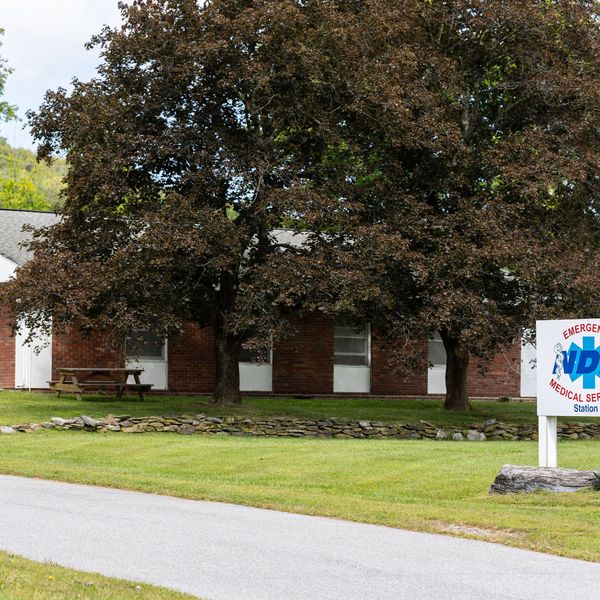Latest News
Back to school
Sep 10, 2025
Photo by Leila Hawken
AMENIA — The first day of school on Thursday, Sept. 4, at Webutuck Elementary School went smoothly, with teachers enthusiastically greeting the eager young students disembarking from buses. Excitement was measurable, with only a few tears from parents, but school began anyway.

Keep ReadingShow less
AMENIA — While the courage and perseverance of Revolutionary era patriots is well understood and celebrated, the stories of the fate of British loyalists in New York are not as clear.
Seen as the initial event in observance of the 250th anniversary of the American Revolution, the Amenia Historical Society will present a talk titled, “The Plight of a Loyalist in Revolutionary New York,” examining the journal of Cadwallader Colden, Jr., spanning the period of 1777-1779. The speaker will be noted author, genealogist and historian Jay Campbell.
The talk is scheduled for Saturday, Sept. 27, at 2 p.m. at the Smithfield Presbyterian Church in Amenia. The handicapped-accessible church is located at 656 Smithfield Valley Road. Refreshments will be served.
Colden was the son of a New York Lieutenant Governor. He was a surveyor, farmer and mercantilist, serving as a judge in Ulster County. His fortunes changed dramatically with the dawn of the Revolutionary War when he remained loyal to the British Crown. His arrest came in 1776, just before the start of his journal.
Campbell is a historian specializing in Hudson Valley history, and the regional stories of Revolutionary era families.
Keep ReadingShow less
Townscape raffle reaches $7K pot
Sep 10, 2025
Erin Rollins of Millbrook in the Fashion Feed booth, open year round, at the Millbrook Antiques Mall. All proceeds from Fashion Feeds go to the Food of Life Pantry. As an interior designer by trade, Rollins designed this booth to evoke a high-end department store to align with the designer brands she carries.
Photo by Aly Morrissey
MILLERTON — The Townscape 50/50 raffle drawing has collected a pot of more than $7,000.
That raffle drawing will take place this Saturday at 2 p.m. in Veteran’s Park. The moment is not just about picking a winner, but also about reflecting on how far Townscape has come since its humble beginnings in 1998, when founder Catherine Fenn — alongside Renee Vollen and Jan Gilmor — first set out to beautify her beloved village.
Fenn’s connection to Millerton runs deep. “I moved here from the Bronx when I was eight years old and fell in love with the place, even as a child,” she recalled, remembering camping trips at Rudd Pond and enjoying the quiet pace of life.
At 15, her family relocated to southern Connecticut. “My dad didn’t think there was much here for us, so we moved. I left kicking and screaming, literally, and I said, ‘Someday I’m coming back.’”
Years later, after marrying, divorcing, and raising children, Fenn kept that promise. She returned to Millerton and married a childhood friend who was very involved in the fire department. After his passing, Fenn threw herself into her own way of giving back.
“I care about this village deeply. Townscape is my way of helping Millerton be the best it can be,” she said.
What began as an informal effort to gather volunteers and plant flowers eventually blossomed into something larger. “We started with flowers up and down Main Street — barrels of them everywhere. Then it grew into benches, tables, trees and even events. It was such a fun world, a really wonderful organization with so many people involved.”
Fenn’s service to the community extends beyond beautification. She spent roughly two decades on the Planning Board, served as Town Supervisor and worked with the county housing authority. Still, her passion for flowers, trees and landscapes has left the most visible mark on Millerton — shaping not only how the village looks, but how it feels.
In 2006, Townscape became a nonprofit organization. But beautification, Fenn admits, isn’t always the easiest cause to fund. “We’re just putting flowers out — and I shouldn’t say ‘just,’ because to me it’s really important. The trees, the benches, all of it matters. But it’s not high on most people’s list when they think about charitable donations. Still, people have been wonderfully generous over the years.”
This Saturday’s raffle drawing is one way neighbors can show their support. The winner does not have to be present to claim the prize, but those who stop by can enjoy cookies, lemonade and artwork by local creators on display in the park.
Keep ReadingShow less
MILLBROOK — Local crows should prepare to become highly spooked as planners of Millbrook Community Day, scheduled for Saturday, Sept. 20, have announced that a Scarecrow Contest will be part of the festivities.
Residents are invited to get creative and devise their own renditions of a scarecrow from traditional to whatever imagination might come up with.
Judging criteria will include creativity, including originality, new ideas, or perhaps whether the scarecrow tells a story. Design criteria include the creator’s technique, materials — recycled materials are emphatically a plus — and durability.
Rules include that scarecrows be free-standing, able to stand on their own or with minimal support. No scarecrow can be store-bought. Entries must be able to fit within a 6 x 6 foot space once assembled. A stand is available upon request. Scarecrows must be non-political, family friendly, and in a good-natured spirit.
Entrants are responsible for set-up, scheduled from 9 to 10 a.m. on Sept. 20, location to be assigned the week before. Judging will begin at 1 p.m. Winners will be announced at 2 p.m.
For more information and to register to participate, email mba@millbrooknewyork.com or go to www.millbrooknewyork.com/community-day-2025
Keep ReadingShow less
loading
